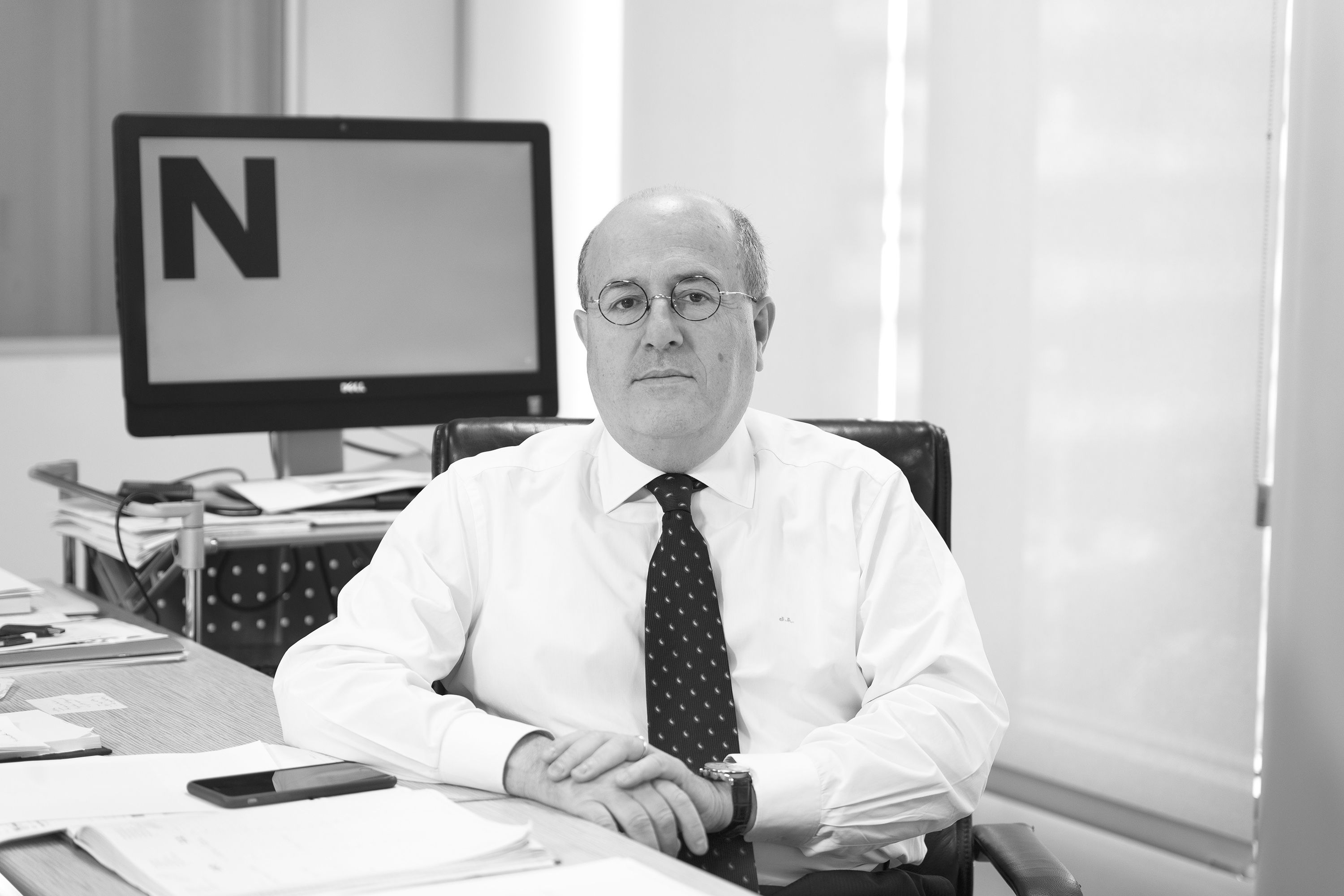Politics always has a strong action-reaction component. Politicians express an immediate response but the decision leading to it has been maturing for several days. And now, in the middle of the debate over words from president Torra, Slovenian independence and the deaths that occurred we should do as with that famous film projector of the time: rewind to find the key move, the trigger for the whole situation. And that's none other than the Andalusian election and PSOE's defeat in a key community for its political survival which will end up costing Susana Díaz the regional presidency within weeks. Pedro Sánchez decides that very Sunday to make a hard swerve in his politics .
Torra still hadn't talked about Slovenia. He'd do so twice later and on both occasions the interpretation made was related more to the persistence on insisting on a referendum than, obviously, the deaths that occurred. That doesn't mean that the president's words weren't put in little context and, as a consequence, imprecise and thus unfortunate. Someone should have warned him about it the first time he said it so that he could clarify them in accordance with the meaning he wanted to give them before repeating himself in Brussels. That didn't happen and the Spanish government, on the ball, shoehorned them in on Sunday and the rest was easy: a few well-placed calls and the fire had caught.
This Monday, they'd achieved the perfect media and political storm: questions of intervening in the Mossos for their inaction over the CDRs' actions on Saturday and Sunday actions at tollbooths on Catalan motorways (government, PSOE and PP), a new article 155 (PSOE and Ciudadanos) and a lawsuit against Quim Torra (Vox). It will be worth dedicating a reflection to those who enthusiastically believed that a PSOE government in the Moncloa palace would be different, but that deserves another article at another time. Sánchez's executive has set to work with such enthusiasm that it even has the support of Susana Díaz for another article 155. In an act unusual in how robust it was, as many as three members of the Spanish government (deputy prime minister Carmen Calvo and the ministers of interior, Fernando Grande-Marlaska, and public works, José Luis Ábalos) have addressed their Catalan counterparts, warning them of the grave consequences of the Mossos' actions over the roads blocked by the CDR.
Marlaska's letter doesn't stop there and says clearly that security in all Spanish territory falls to the interior minister and that if it happens again he'll give orders to the Civil Guard and the Spanish national police to act. They're one step away from taking control of the Mossos. And with the cabinet meeting they want to hold in Barcelona on the 21st of this month, and when there are already various protests planned and significant mobilisations are expected, perhaps it's even a little closer. The Spanish government which hasn't lifted a finger for the political prisoners (four of them on hunger strike) has decided to play tough against the Catalan independence movement.
We could continue talking about Torra's words; but we shouldn't let the trees block our view of the wood.

